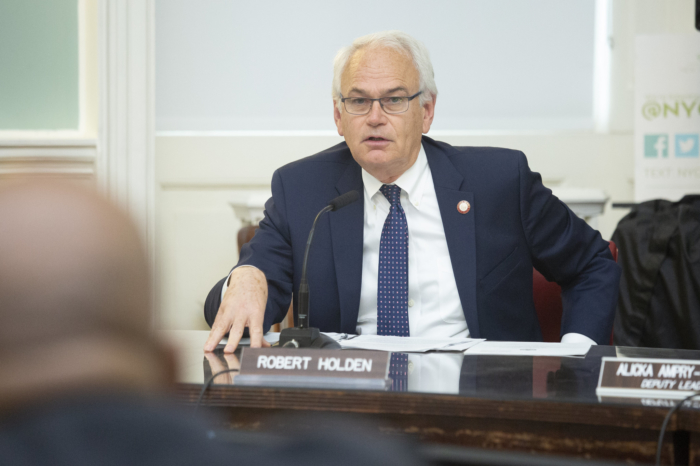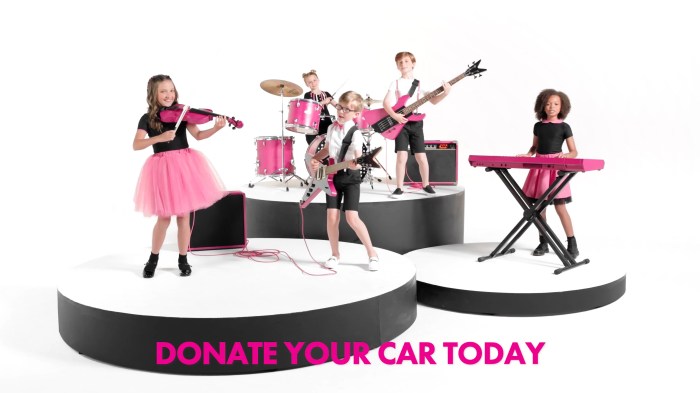By Lenore Skenazy
“Marco!” Halle Berry calls to her insanely adorable son in the new movie, “Kidnap.”
“Polo!” the 6-year-old gleefully calls back.
“Marco!” Halle calls again, as they play in a sun-dappled park.
“Polo!”
If you’ve seen the poster for this movie — or heck, noticed its name — it will come as no surprise that a few minutes later, when Halle is distracted by a phone call from her lawyer telling her that her ex wants full custody of the kid (hiss!), her child disappears. He has been “Taken.”
Oh wait. Sorry. That’s the Liam Neeson franchise. But anyway, yes, her child has disappeared in the blink of an eye — no one saw him snatched, he didn’t protest or scream — and a few frantic scenes later Halle spies him being loaded into a car even older than my own. Incredible. How is it that child-snatching is presented as such a lucrative business (according to the movie, kids go for $100,000 each) and yet the snatchers drive clunkers?
It must be because they drive the most amazing clunkers in all creation, capable of careening through 90 minutes of Hollywood car chases. For that is what “Kidnap” quickly becomes: Halle on the heels of the creeps, gunning down the highway (setting off other car wrecks on the way, all treated as meh, because she is a mom on a mission), interspersed with car interior shots of Halle talking to herself — “I’m coming, baby!” — and … that’s it. Plus, in one scene, there’s a shovel to someone’s head. Now you don’t have to buy a ticket.
But a trite script and only moderately tense car chase are not what’s criminal about this movie. What’s criminal is that it is supposed to be a heroic tale of Halle dealing with every mom’s worst nightmare: a stranger kidnapping her kid. But instead of empowering moms, the plot reinforces the idea that this particular crime is, if not common, at least something that normal parents should consider when taking their kids on an outing.
Thinking that way is not only terrifying, it is changing the way we parent, and the way our kids grow up.
Strangers kidnapping young children and selling them is such a vanishingly rare crime that David Finkelhor, director of the Crimes against Children Research Center at the University of New Hampshire, said he’d file the “Kidnap” movie under “science fiction.” In fact, if for some reason you wanted your child to be kidnapped by a stranger, do you know how long you would have to leave him or her outside, unattended, for this to be statistically likely to happen?
A day? An hour? Two minutes while you talk on the phone to your divorce lawyer?
The answer is 750,000 years. It’s like how many lottery tickets you would have to buy to make it statistically likely you’d win. You’d have to leave your kid outside for 750,000 years before you could be pretty sure he’d be kidnapped, according to numbers crunched for me by Warwick Cairns, author of “How to Live Dangerously.”
And yet, around the country, parents wait with their kids at the bus stop every morning now, or drive them door-to-door. A Mayo Clinic study found that three out of four parents are afraid their children will be abducted. This fear translates into kids being constantly supervised outdoors, or simply stashed indoors, for fear of predators.
A single movie doesn’t move the needle, but what we have today is a culture so obsessed by kiddie kidnapping you’ll often find a booth at street fairs where parents are encouraged to fingerprint their kids, save a bit of their hair, and sometimes even have the kids take a dental impression, all to be prepared if “the unthinkable” (that we can’t stop thinking about) occurs.
An article this past weekend about one such booth quoted a mom saying, “There’s so many children that are taken, and trying to get all these things together in that moment of panic is hard.”
The author is already rehearsing the “Kidnap” scenario in her head.
What is the harm of being prepared? It’s that in our focus on kidnapping, we have changed childhood. Fewer kids run around outside or even know how to organize a game. We think we’re keeping them “safe,” but in reality we are exposing them to far more likely dangers. Obesity and childhood depression are both up. My gosh, “adult onset” diabetes soared 30 percent from 2000 to 2009 — in kids.
We are making our kids more emotionally and physically vulnerable by not letting them do things on their own. Until we give them back some unstructured, unsupervised time outside, consider them kidnapped … by us.
Lenore Skenazy is founder of Free-Range Kids, a contributor to Reaso































